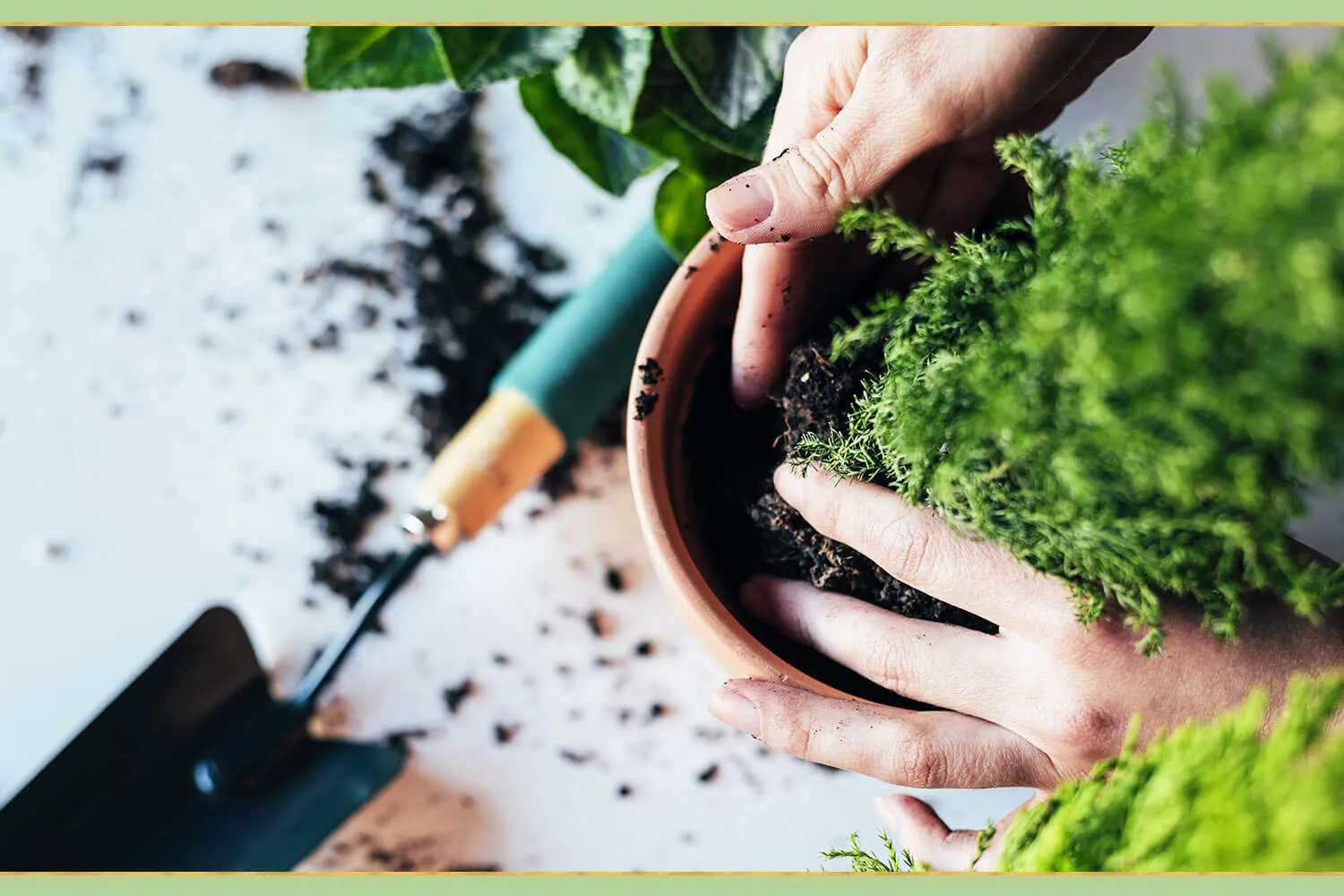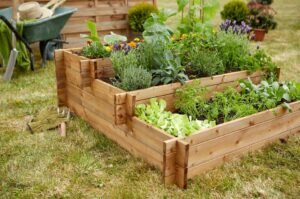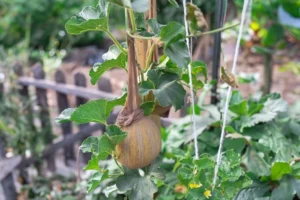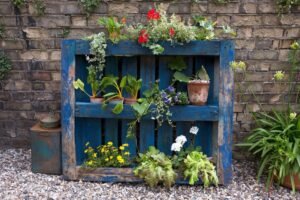Keep your garden healthy with these simple gardening tips. From repelling pests with garlic spray and clearing away weeds regularly to helping your plants flourish, these strategies will ensure your plants flourish.
Our tree and shrub experts suggest creating a watering system or installing a hose with soaker nozzles so your plants remain well watered even while you’re on vacation. Furthermore, they advise using “gators”, large bags that release water at regular intervals to protect newly planted trees and shrubs.
Water
Water is essential to plant life, providing essential hydration, nutrient transport, temperature regulation and other benefits. Therefore, understanding how to water your plants correctly is so crucial.
Overwatering plant roots and leading to fungal growth is harmful, while insufficient water may result in dry, brittle leaves. To determine each plant’s individual watering requirements by touching soil to check moisture levels. A general rule of thumb for watering needs should be when three or four inches feel dry when touched – weather conditions can have an impactful impact here, too; warm climates require more frequent irrigations.
When watering houseplants, make sure to only water the soil rather than their foliage, as getting any on their leaves could cause diseases like mildew or rot to spread. Furthermore, regular wiping will help remove dust that accumulates on them that might block light or harbor insects.
Make sure you inspect your garden regularly for signs of pest infestation and treat it promptly with organic treatments such as neem oil or beneficial insects. A healthy garden with sufficient sunlight exposure and mulch coverage can also help deter pests.
Fertilize
As with humans, plants require essential nutrients in order to remain healthy. This includes nitrogen, phosphorus and potassium; commonly referred to as macronutrients (there may be additional micronutrients needed in smaller amounts). Fertilizers supply plants with these essential elements.
A quality fertilizer should contain a mixture of macronutrients: nitrogen is crucial to leafy growth, protein production and chlorophyll development; phosphorus ensures strong root systems; while potassium promotes flowering and fruiting. Fertilizer should be applied prior to reaching its most active stage for best results.
Many plants, like roses, tomatoes and peppers are heavy feeders that need regular nutrients injections during their growing seasons. Roses, tomatoes and peppers should receive one monthly feeding with general liquid fertilizers during this stage whereas ornamental and houseplants require less frequent feeds.
Fertilizers come in two varieties – organic and chemical. Organic fertilizers include items like compost, manure and chopped leaves, hay or grass clippings which all add organic matter to the soil while feeding microorganisms which make available nutrients to plants. Conversely, chemical fertilizers provide synthetic nutrients directly into the soil without contributing to healthy soil microbes that support plant life. When applying chemical fertilizers sparingly and after watering well afterwards to work them into roots.
Pruning
Pruning is an often-overlooked but essential gardening task that should never be ignored. Pruning can prevent disease, insect infestations, improve flower/fruit quality and direct plant growth in an ideal direction – creating an eye-catching landscape and making garden maintenance simpler than ever!
Pruning is one of the easiest tasks to complete throughout the year and can be completed with shears, loppers or saws. Pruning involves cutting away dead or damaged branches while simultaneously thinning to improve airflow and sunlight penetration and prevent overcrowding which often leads to rot and disease in plants. Proper pruning should also involve understanding your species in your yard’s growth habits as this helps ensure you’re pruning correctly.
Pruning should take place during late dormant season when plants have a greater chance of recovering from pruned limbs. “Topping” leaves exposed stubs that are susceptible to damage and suckering. In addition, topping removes natural forms from plants which can lead to weak branch structures and can remove their natural shape entirely. Pruning should occur then as this gives more time for healing of cut limbs.
When planting a tree or shrub in your garden, you likely had specific goals in mind for how it would function: providing privacy, growing flowers or fruit production. All these wishes can easily be realized with proper pruning techniques – according to horticulturist Steve Smyth this is like raising children: you don’t want them growing up to become nuisances or liabilities!” Keep these tips in mind to keep your plants properly pruned!
Weeding
Weeds are one of the main culprits behind garden loss. Not only can they steal sunlight away from your vegetable plants, but also choke off essential nutrients needed for their success. Additionally, weeds may serve as carriers of crop diseases which will inhibit their growth or even cause them to fail entirely.
Weeding may be an unpleasant chore, but every gardener must engage in it regularly to prevent weeds from getting out of control and saving both time and money by eliminating the need for chemical weed killers.
As well as serving a protective function in your garden, weeds provide invaluable information about its condition. By showing which nutrients are present in the soil and which amendment strategies would work best for it, they also serve as an invaluable source of data that allows for targeted soil amendment plans and are an effective natural mulch that protects it against wind or rain erosion of its site.
Weeds can serve as cover crops, meaning they’re harvested at the end of each growing season and returned to the soil as organic matter and nutrients for replenishing it. It’s important to keep weeds under control or they could take over your entire garden and crowd out your vegetables, as well as provide food sources for pollinators that help control pest populations in your garden. They’re also great sources for pollinators who feed off them while serving as an excellent natural barrier against any possible invaders like bugs that might otherwise invade it – another useful benefit being beneficial insects that help manage pest populations with natural sources that feed from pollinators-fed pollinators-food plants such as pollinators-pest-busters that help control pest populations a great source for those that help control pest populations by feeding on pollinators-food-pests they need consuming pesticide-reducing benefits in your garden!




